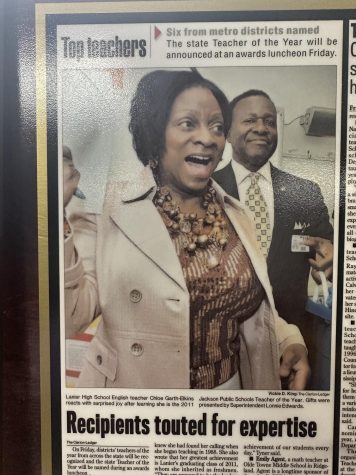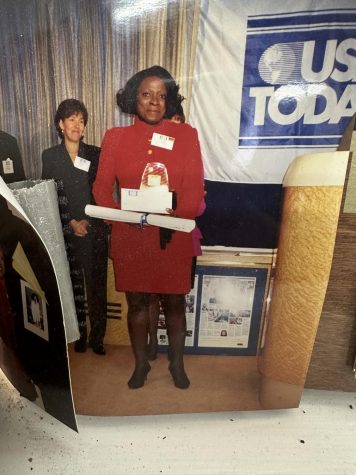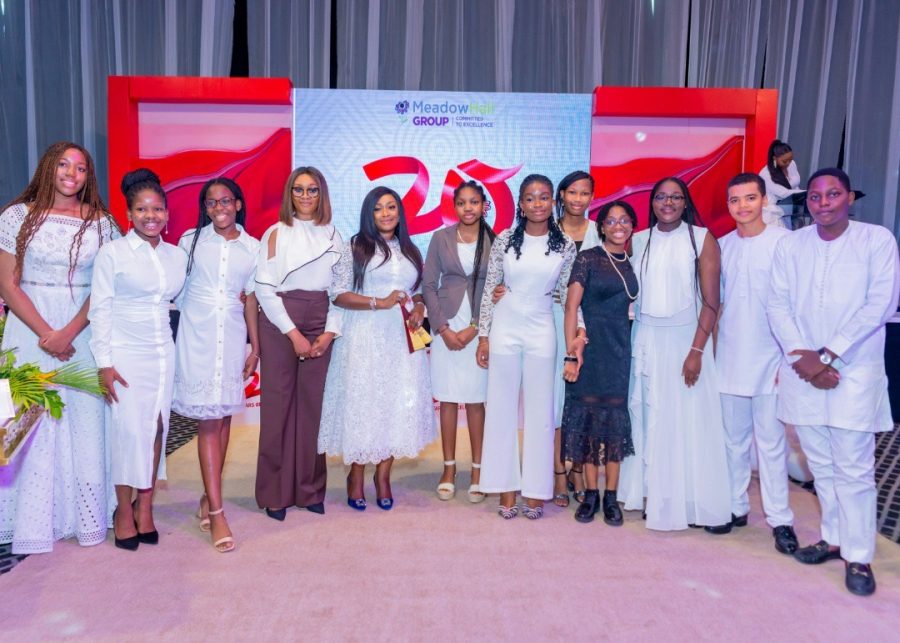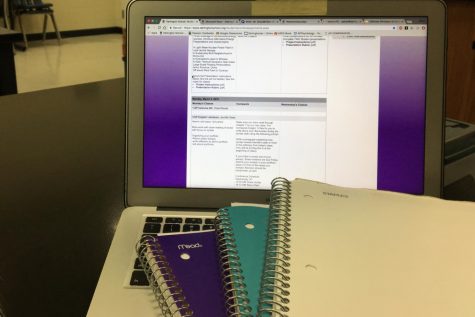Black Women’s Journeys: the Obstacles they Overcame
Before quitting her job as a lawyer, my mother shared her frustrations about clients who did not think she was qualified enough to represent her in court as she is a Black woman. Being the only woman of color in the law firms she worked in, she felt like her voice was not heard.
With the experiences my mom faced, she decided to start her school in Nigeria and developed her leadership program, A Beautiful Life (ABL), by Kenny. She named her program A Beautiful Life after the idea that women can live beautiful, impactful lives with purpose.
Through her work, my mom hosts events to help empower women and motivate them to conquer the problems they face. She loves empowering others, and she enjoys helping people fulfill their potential and recognize their strengths.
Hearing her complaints motivated me to do something to share the problems Black women face in attaining greatness. I aim to spread awareness, so minorities in my generation and future generations do not have to face what my mother and many other Black women have encountered.
Through my Senior Ventures Project, I have researched the problems Black women have encountered during their childhood and in various professions.
Apart from racial disparities, there are also gender inequalities Black women face. According to the National Partnership for Women and Families, Black women earn $26,185 less than the average white male. According to Forbes, this disparity puts Black women at a disadvantage in race and gender, as they earn 21% less than White women. Not being valued hinders Black women’s success, which affects their way of living and might reduce their motivation at work.
I also surveyed over 20 Black women via email. Unfortunately, 95% of the women I spoke to claim to have experienced racial and gender prejudice. Listening to these experiences has helped me learn about several ongoing community issues, such as class stratification, because of their lower pay.
Stratification is defined as the ranking of individuals based on factors such as power, prestige, and wealth. English teacher Chloe Garth-Fielder shared her perspective on this concept.
“It is obvious that preconceived stereotypical judgments plague Black women as they face vast obstacles of both racism and sexism,” Garth-Fielder, a Black woman, said. “The negative images drawn by society are [that], although highly educated, there exists a lack of repertoire of skills. Instead of ambitious, we are considered angry and aggressively progressive, to name a couple.”

During her professional career and as a scholar in school during the 1960s, teachers and students constantly questioned Garth-Fielder’s credibility as a scholar as she went to a predominantly white institution. The community wondered whether she was worthy of what she had accomplished. Eventually, she chose to teach in inner-city schools because she wanted to reach out and help those who needed assistance and didn’t have the role models they needed to progress.
Many African American women that are ambitious and driven are seen as aggressive because of stereotypes. With these stereotypes in mind, Garth-Fielder aims to ensure that all children are successful regardless of their background. She aspires to this quote by Johnetta B. Cole, “We must celebrate our differences until our differences don’t make any more difference.” Garth-Fielder believes diversity is beautiful; however, it should not be a precursor to discriminate or decide whether someone is good.

Some of the women I spoke to, who grew up in places like the U.S. Virgin Islands and Germany, all had similar experiences regarding the discrimination they faced. Ranging from nurses to judges, these women mentioned how they did not feel comfortable wearing their natural hair or braids at work. Colleagues constantly questioned how women could afford expensive items, and older colleagues examined younger women’s abilities and qualifications.
A phrase my mother always says is, “You can build a nest and still fly.” She believes women can impact nations and be nation-builders while still being mothers and wives.












